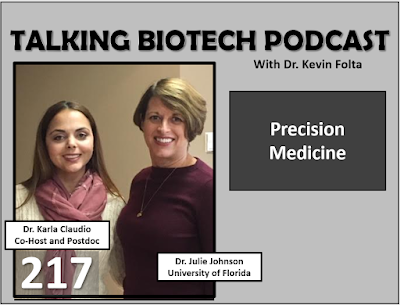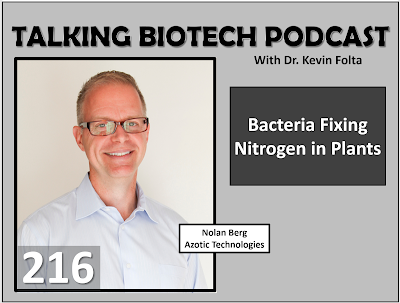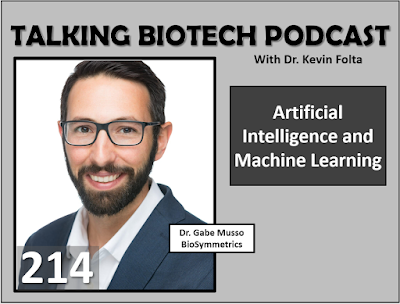Sickle Cell Disease- Therapy Success, Anti-GE Failure

While the internet's 'experts' and celebrity doctors proclaim genetic engineering to be a dangerous and unnecessary foray into 'playing God", a young woman's life has changed forever because of a revolutionary therapy. The story appeared on the CBS News magazine 20/20 on December 29, 2019. At this point, Jeannelle Stephenson appears to be cured of Sickle Cell Disease, a debilitating genetic disorder that caused her immense pain and suffering. Ms. Stephenson suffered from "bone crushing pain" and a sedentary lifestyle because of the disease. She considered herself "middle age" in her 20's because the disease kills its victims early. She was not alone, as Sickle Cell Disease affects about 100,000 Americans. I covered the story and modern therapies on the Talking Biotech Podcast . First her bone marrow was destroyed using chemotherapy. At that point she could produce no more blood cells. Then scientists introduced st...




